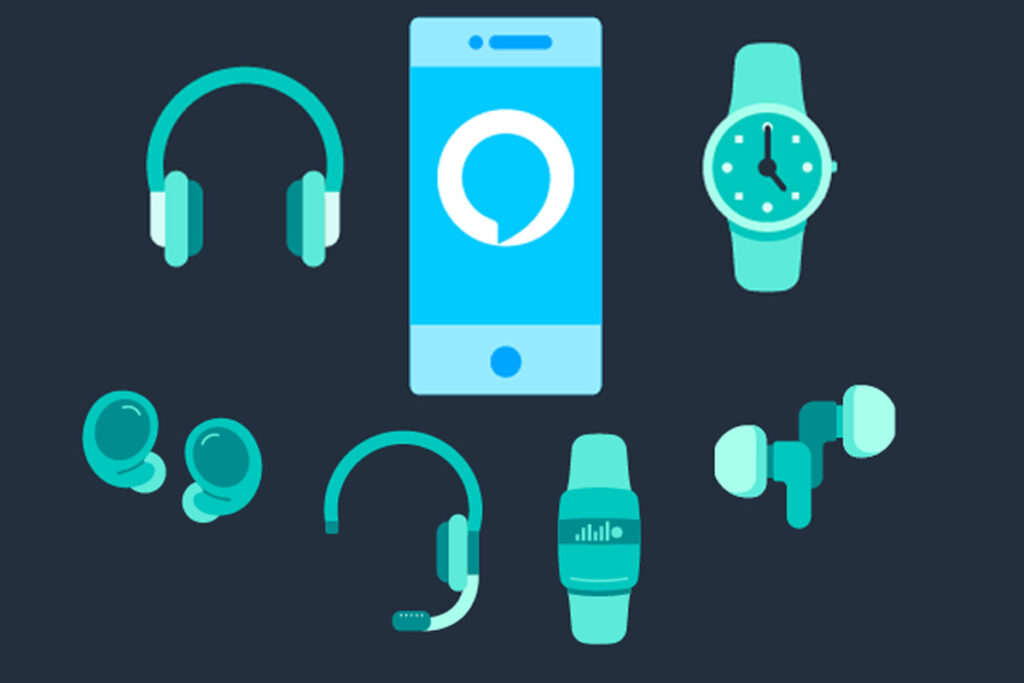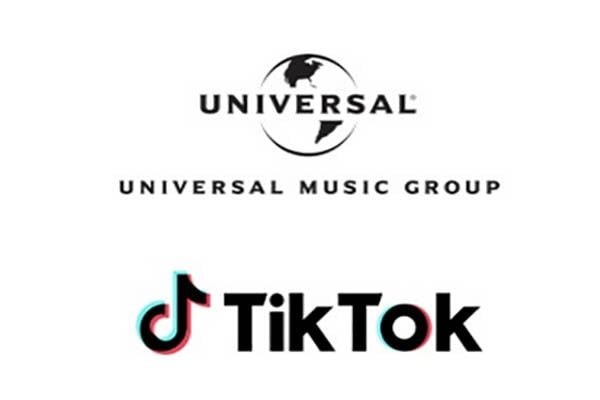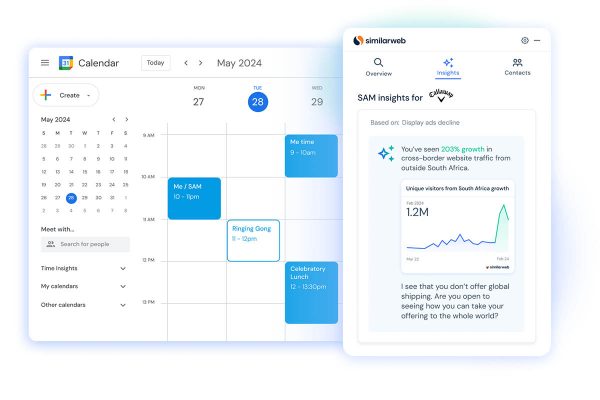Voice assistants such as Amazon Echo and Google Home may not be the retail disruptors that many have said they could be.
In fact, a lot of technology such as smartwatches, dedicated product buttons and connected appliances are all failing to tickle the shopping fancy of many consumers. The only thing that does seem to be of interest to shoppers are drone deliveries.
So finds a study by Episerver, which suggest that nearly 40% of consumers who own a voice-assisted devices, 60% never browse on them and two-thirds (66%) never make purchases on them. The numbers are similar for smartwatches. Nearly a third of shoppers (29%) browse on their smartphones daily, but only 27% of those shoppers go on to make a purchase on their devices at the same frequency.
So what is going wrong? More than half (51%) of shoppers who never want to try new technology functions again report it is because these technologies did not improve their experiences. But there are other factors at work, believes Episerver.
“While adoption of virtual assistants is on the rise, we believe that the current reluctance to shop via this technology comes down to the command-based nature of voice communication. Without a visual interface, voice assistants don’t lend themselves to leisurely browsing. Instead, users are expected to know exactly what they want and then provide that command to the assistant. These technologies also don’t necessarily provide shoppers with the convenience of choice that they may have come to expect when shopping online.”
Joey Moore, Director of Product Marketing, Episerver
As an example, consider buying an item of clothing. In an app or web browser shoppers can easily specify different fits, sizes, styles and colours. They can also easily shop around for the best offers and deals. When buying through a purely voice-based interface however, the notion of reeling through all of these options simply isn’t practical.
At the same time, today’s consumers still enjoy the process of browsing. Even if they shop with a set product in mind, people like the serendipity of coming across items that they may not otherwise have found, and that’s evident in the success of personalised recommendations throughout the customer journey. Voice interfaces remove this experience, taking away a fundamental part of the customer experience that many brands have spent years developing through their user interfaces online.
However, don’t think that voice assistants – nor indeed any other technology – isn’t going to have a dramatic impact on retail at some point. Amazon’s move into devices with Alexa and its Dash Buttons are yet another way for the marketplace to dominate new ways to sell. As more people get these devices and whatever is next coming down the pipe of innovation, then it only serves to make marketplaces more dominant as a sales platform.
“While there is still some way to go before these technologies become the default for shopping online, our research shows that some consumers are already happily adopting them. As these individuals experiment with voice ordering – and brands begin to understand how consumers use such technologies – we expect voice assistants to dramatically evolve. While not necessarily replacing other technologies, voice interfaces will quickly become a hassle free way to order basic items and to augment and improve the buying experience of more complex purchases.”
Joey Moore, Director of Product Marketing, Episerver








One Response
I’m starting to feel like some kind of mystic-meg crystal-ball soothsayer round here.
was this not all complely obvious to everyone else before you spent £150 on a bluetooth speaker?
pretty sure i covered all the points in this article in a rant (or four) here before you all went out and bought alexa’s and dash buttons.